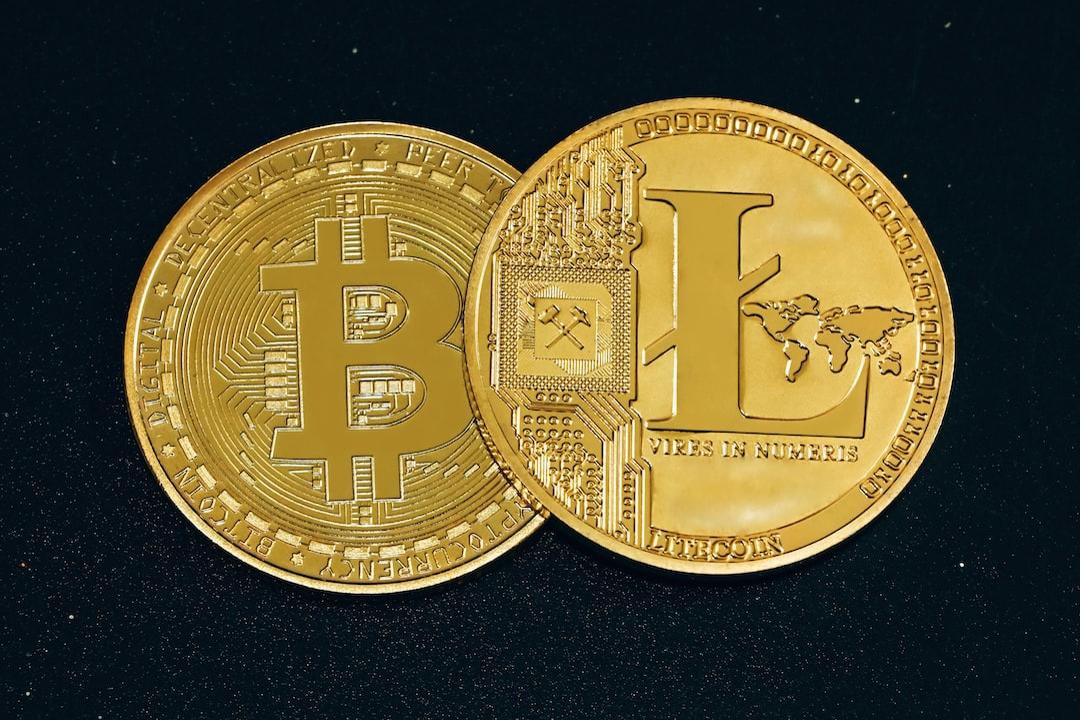VanEck Launches First Solana ETF in the United States
This year, cryptocurrency ETFs have become the focus of the market. The approval process for cryptocurrency ETFs by the U.S. Securities and Exchange Commission (SEC) has been filled with twists and turns, reflecting the cautious and exploratory approach of regulatory agencies towards emerging markets.
With the consecutive approval of Bitcoin and Ethereum ETFs, the market’s expectations and demand for cryptocurrency ETFs continue to rise.
VanEck, one of the first companies to launch a Bitcoin spot ETF in the United States, recently submitted an application to the SEC for a Solana ETF, causing the Solana token SOL, hailed as the “Ethereum killer,” to surge nearly 10% in the past 24 hours and driving an increase in the cryptocurrency market. As of the time of writing, the price of SOL is $146.89.
Matthew Sigel, Director of Digital Asset Research at VanEck, announced this news on June 27 and named the fund “VanEck Solana Trust.” This is the first application for a Solana spot ETF in the United States, marking an important milestone for the cryptocurrency market.
In the documents submitted to the SEC, VanEck highlighted the potential of Solana as a digital commodity. Sigel believes that the functionality of the SOL token is similar to that of other digital commodities such as Bitcoin and Ethereum, as it is also used for transaction fees and services on the blockchain.
“Just like Ether on the Ethereum network, SOL can also be traded on digital asset platforms or used for peer-to-peer transactions.”
Further reading:
SEC Opens Up! Ethereum ETF to be Approved This Summer, Understanding What Will Happen After the Approval of “Ethereum ETF” in One Article
Is there a chance for the Solana ETF to be approved?
The timing of VanEck’s application for a Solana spot ETF comes shortly after the semi-approval of the Ethereum ETF by the SEC. The semi-approval of the Ethereum ETF ended the long-standing market and SEC debate over whether Ether (ETH) is a commodity or a security.
From this series of events, it can be seen that the SEC’s regulatory attitude towards cryptocurrencies is undergoing changes, which is a positive signal for emerging blockchains like Solana.
Solana blockchain has been dubbed the “Ethereum killer” in the past due to its high scalability, speed, and low cost, making it a strong competitor in the market.
VanEck has always been a pioneer in this field. As early as 2021, VanEck submitted the first application for an Ethereum spot ETF, three years ahead of when the SEC began engaging with other issuers such as BlackRock and Fidelity.
According to analysts’ predictions, once the Ethereum ETF is officially approved, it will attract $5 billion in net inflows in the first five months.
Several experts also believe that after the approval of the Ethereum ETF, the next token likely to be applied for is SOL, as it has high similarities with Ethereum.
Geoffrey Kendrick, an analyst at Standard Chartered Bank, believes that Ripple’s XRP token could also be another option.
However, James Seyffart, an analyst at Bloomberg Intelligence, said that unless there is a new government and new SEC management in the United States by 2025, such ETFs might not be launched in 2025. Even so, there is no guarantee that they will definitely be seen.
Solana, as a high-speed, low-cost, and scalable blockchain, has great market potential. VanEck’s move indicates that the market’s confidence in Solana is growing. As the cryptocurrency market continues to mature, investors’ interest in emerging technologies and platforms like Solana will continue to increase.
The launch of VanEck Solana Trust not only provides investors with more investment options but also strengthens Solana’s position in the blockchain field. This move is expected to promote the development of the Solana ecosystem and attract more developers and projects to enter this field. In the coming years, we are likely to see more innovations and breakthroughs that inject new vitality and opportunities into the cryptocurrency market.
References:
cointelegraph,
coindesk

